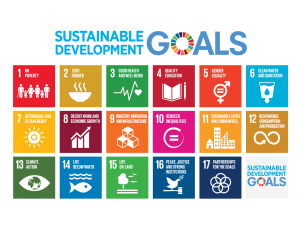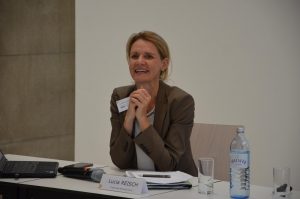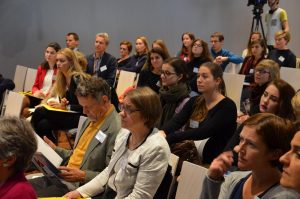Evaluating the Sustainable Development Goals
With the adoption of the SDGs by the United Nations in September 2015, a new set of objectives for global sustainable development will guide the global development agenda until 2030. Due to the universal acceptance and the integration into national goals, the SDGs provide a comprehensive approach, ensuring a high level of ambition for achieving results, involving development agencies and governments, international organisations, civil society and business. SDGs set 17 goals and 169 targets aiming to defeat today’s biggest challenges such as poverty, hunger or climate change. But how can these goals be monitored or evaluated?
The Institute for Managing Sustainability in collaboration with the Austrian Development Agency and the European Evaluation Society invited international experts to discuss the importance of the SDGs for research, policy and business. The symposium addressed the central question of how the SDGs may inform research and practice in evaluation. Key notes, roundtable sessions and panel discussions tackled three fundamental questions:
What is the role and contribution of evaluation in effective implementation and achievement of the Sustainable Development Goals?
What are the implications of the Sustainable Development Goals for the evaluation profession and practice across sectors?
How to mobilise and align key actors from evaluation, research, business, policy, and civil society?





